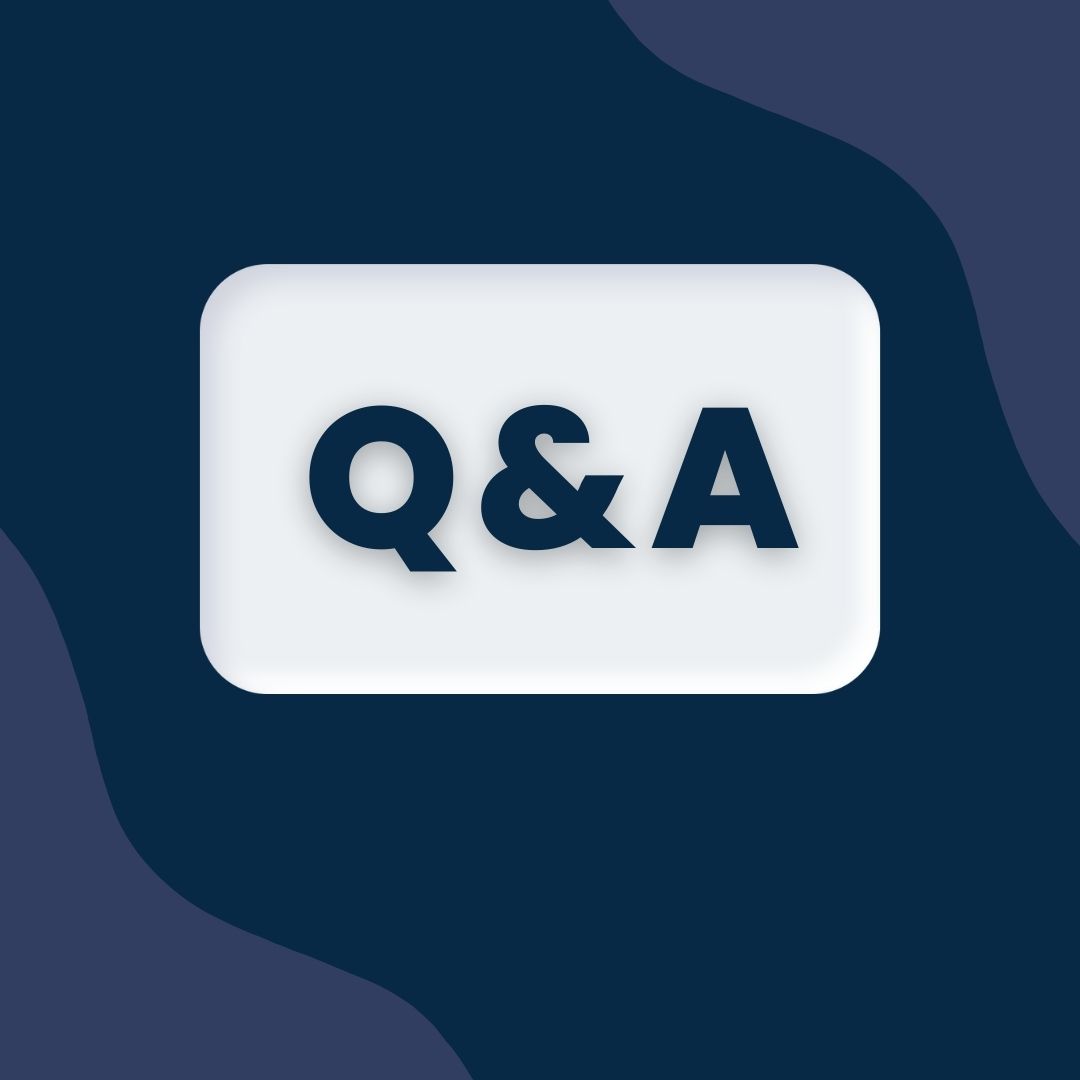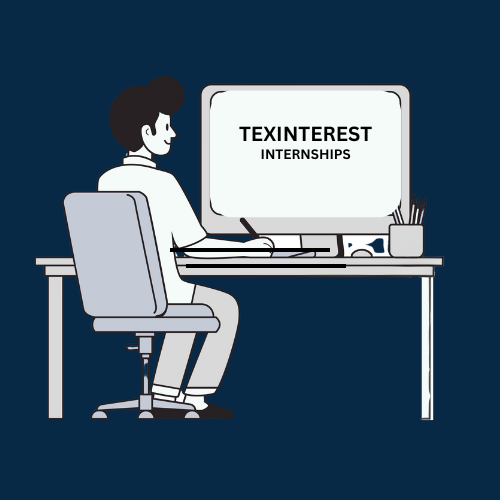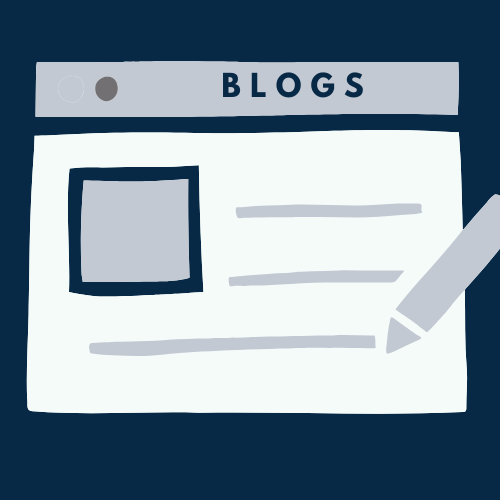Set Your Currency
 UNITED STATES UNITED STATES |
Set as Default |
 INDIA (Default Currency) INDIA (Default Currency) |
Set as Default |
 UNITED ARAB EMIRATES UNITED ARAB EMIRATES |
Set as Default |
 QATAR QATAR |
Set as Default |
python
Python is a general-purpose and high-level programming language. Currently, Python sits as one of the widely used programming languages in the World wide. If you have never written code before, Python makes it easy to learn. This Blog, "How Do I Learn Python Programming? Beginner to Advanced," will guide you to a complete picture of Python from discomfort or confusion to clarity.
Before we dive into the how, let’s take a quick look at why Python is worth learning:
Step 1: Learn Python Programming for Beginners
If you are new to Python programming, start with the following basics. Firstly, focus on learning the basics of programming. Here are the topics that you should learn first
Step 2: Learn Python Programming Freely
You don't have to pay to learn Python. Many resources are available now to learn Python programming, like python.org, YouTube channels related to Python, etc.
Step 3: Practice, Practice, and Perfect
Step 4: Check Intermediate to Advanced topics in Python
Step 5: Find Project Ideas to Reach Mastery
Step 6: Join Python Communities
I recommend joining or following Python communities, as it makes your Python journey more enjoyable. Here are some of the Python communities that I recommend.
CSS properties is used to style the HTML element. color, padding, margin, background, font are the different types of CSS properties. Written in name and value format. for example
h1{
color: ‘red’
}
here, color is the property and red is the value.

Test your knowledge with interactive quizzes.

Prepare for interviews with curated question sets.

Ask your coding-related doubts and get answers.

Earn certifications to enhance your resume.

Hands-on projects to improve your skills.

Test your knowledge with interactive quizzes.

Prepare for interviews with curated question sets.

Add your technical blogs and read technical topics.

Earn certifications to enhance your resume.

Hands-on projects to improve your skills.